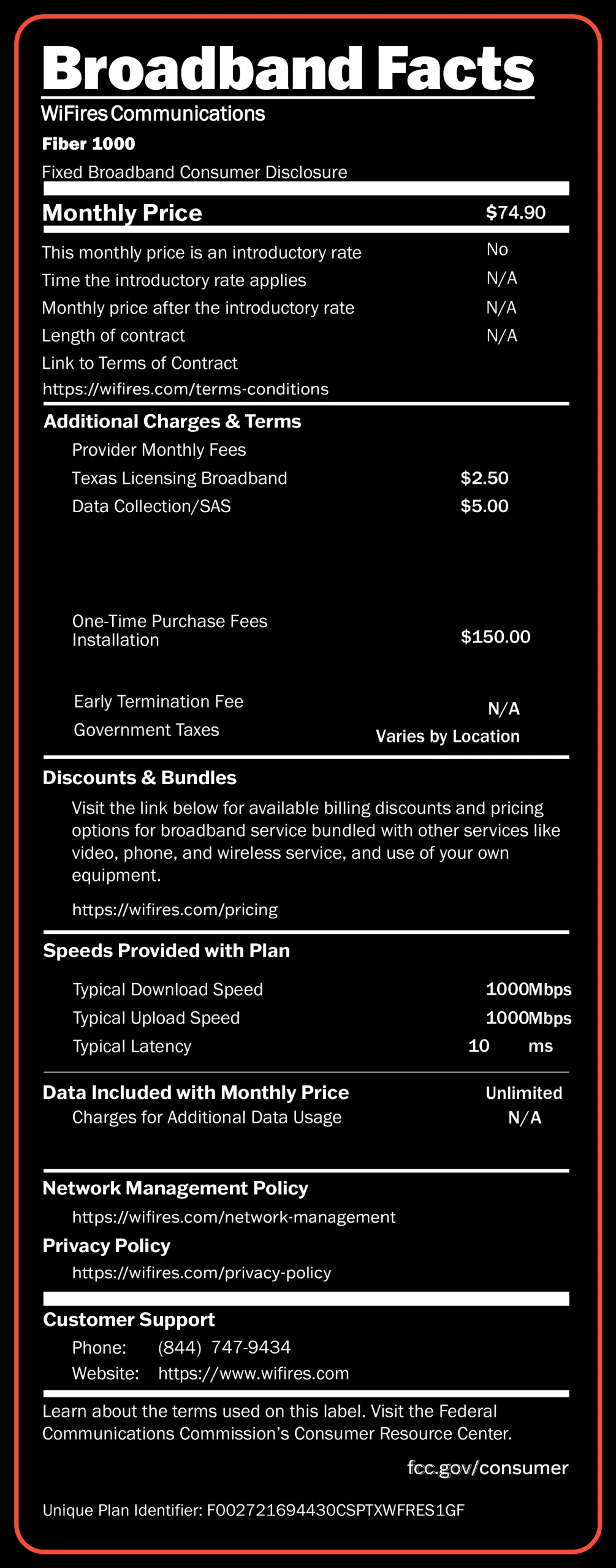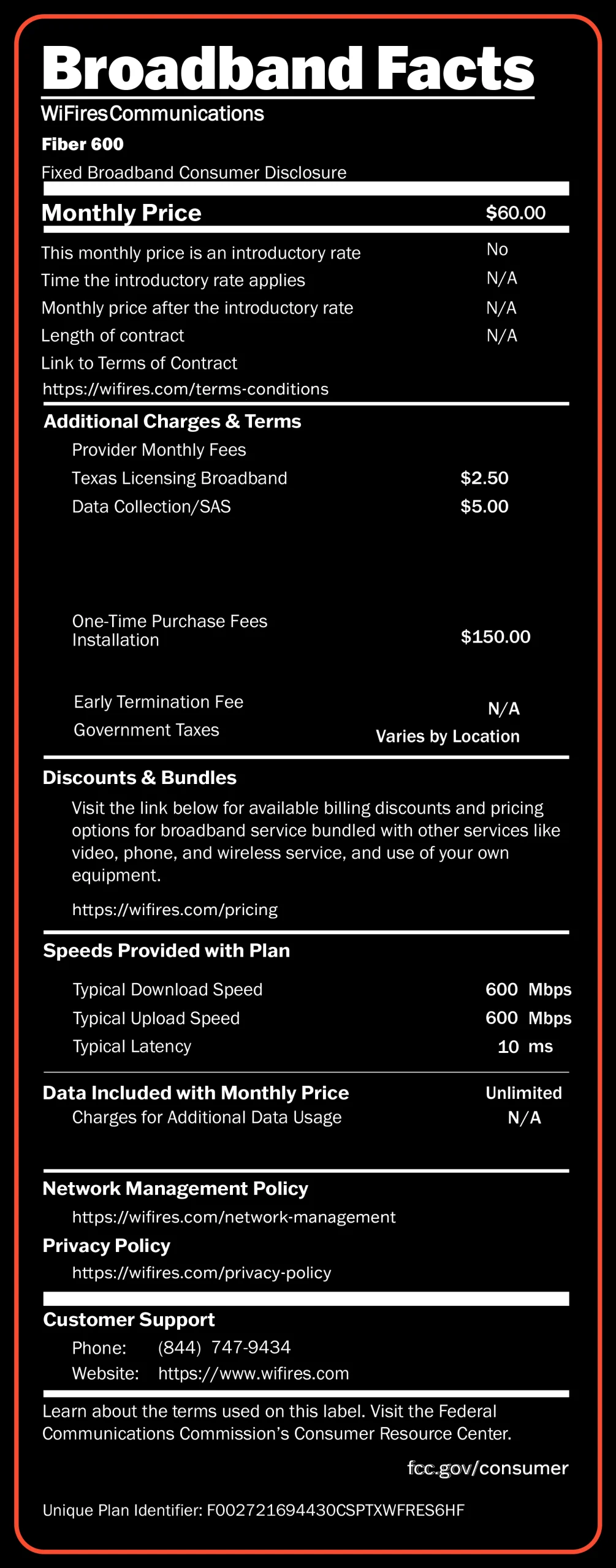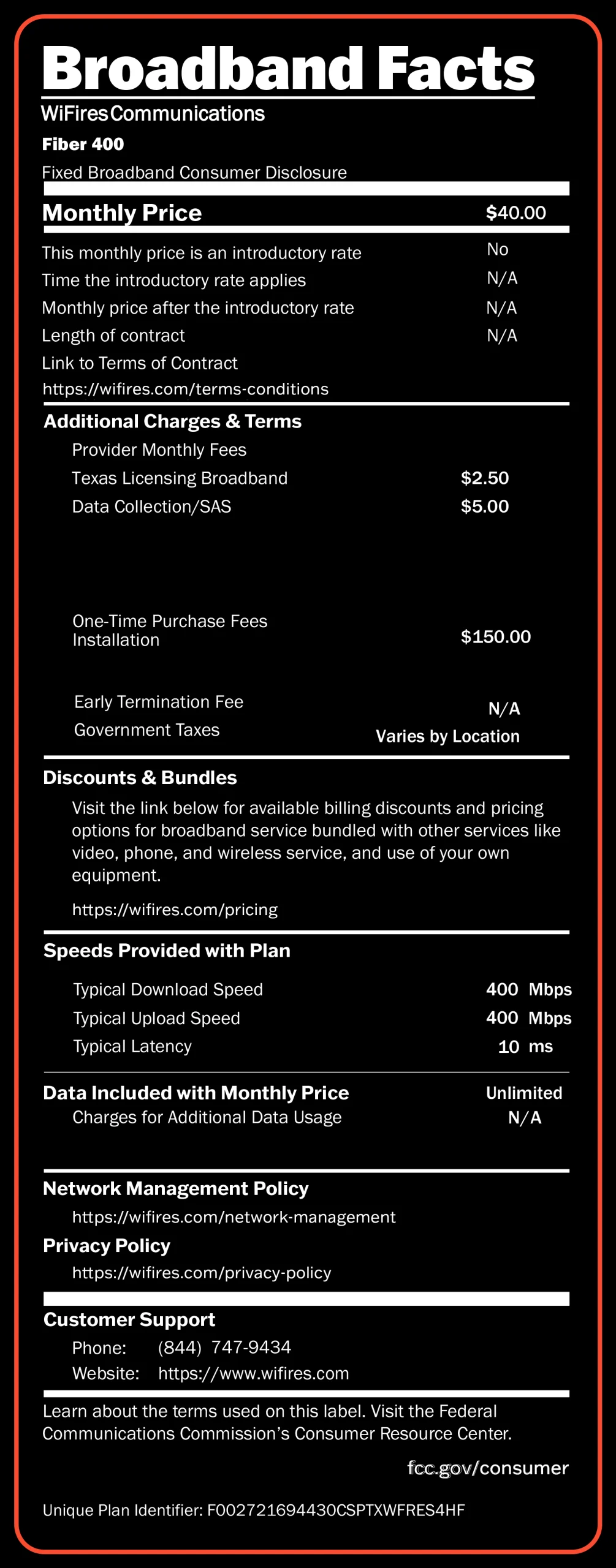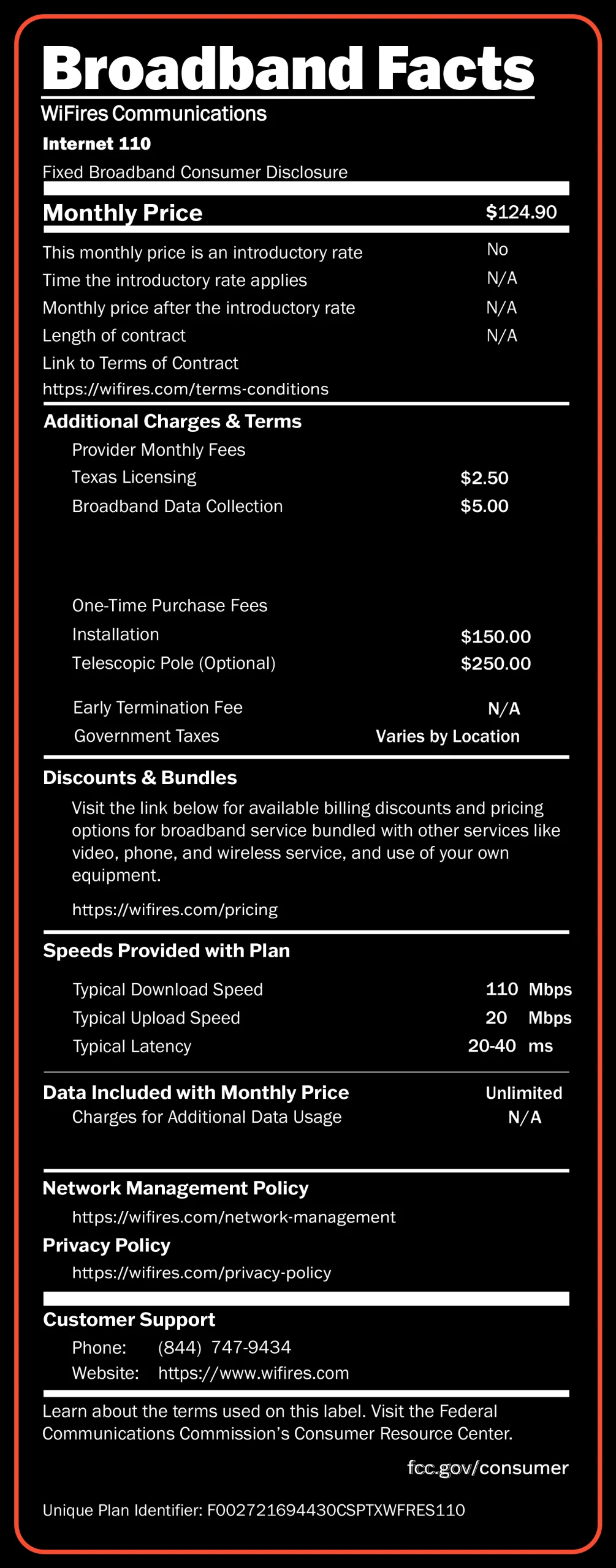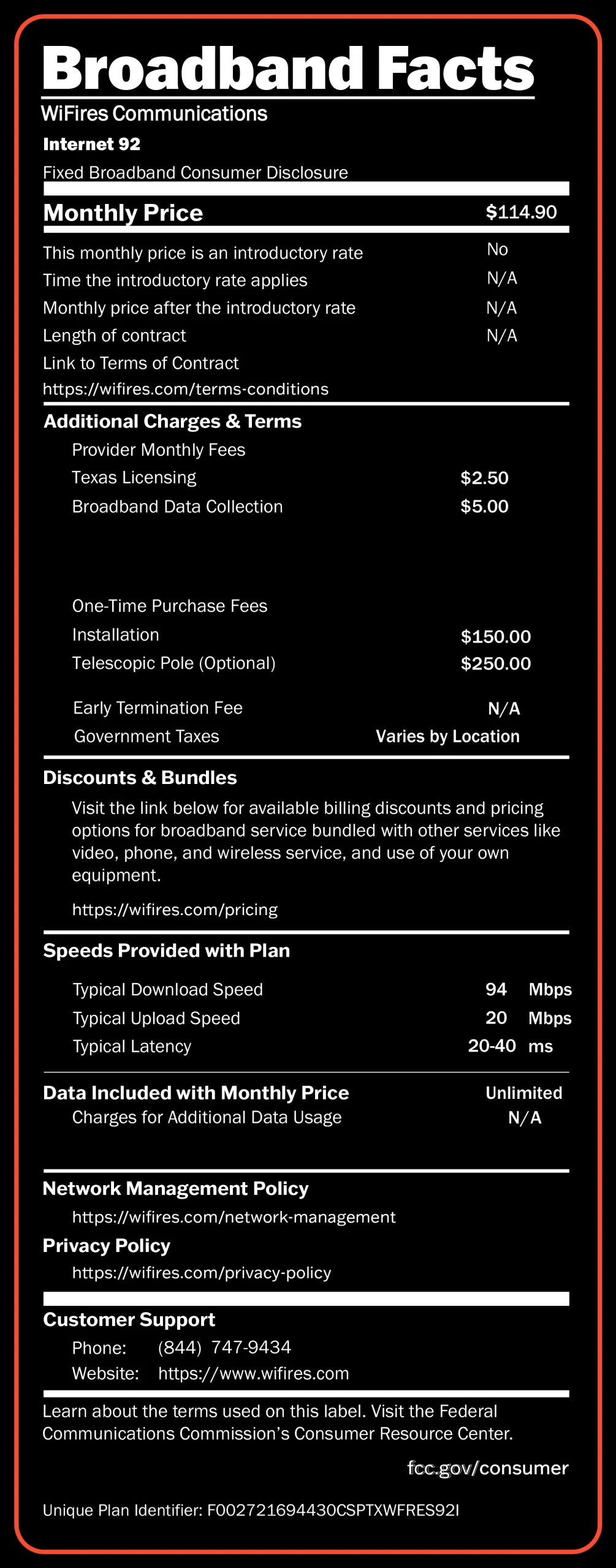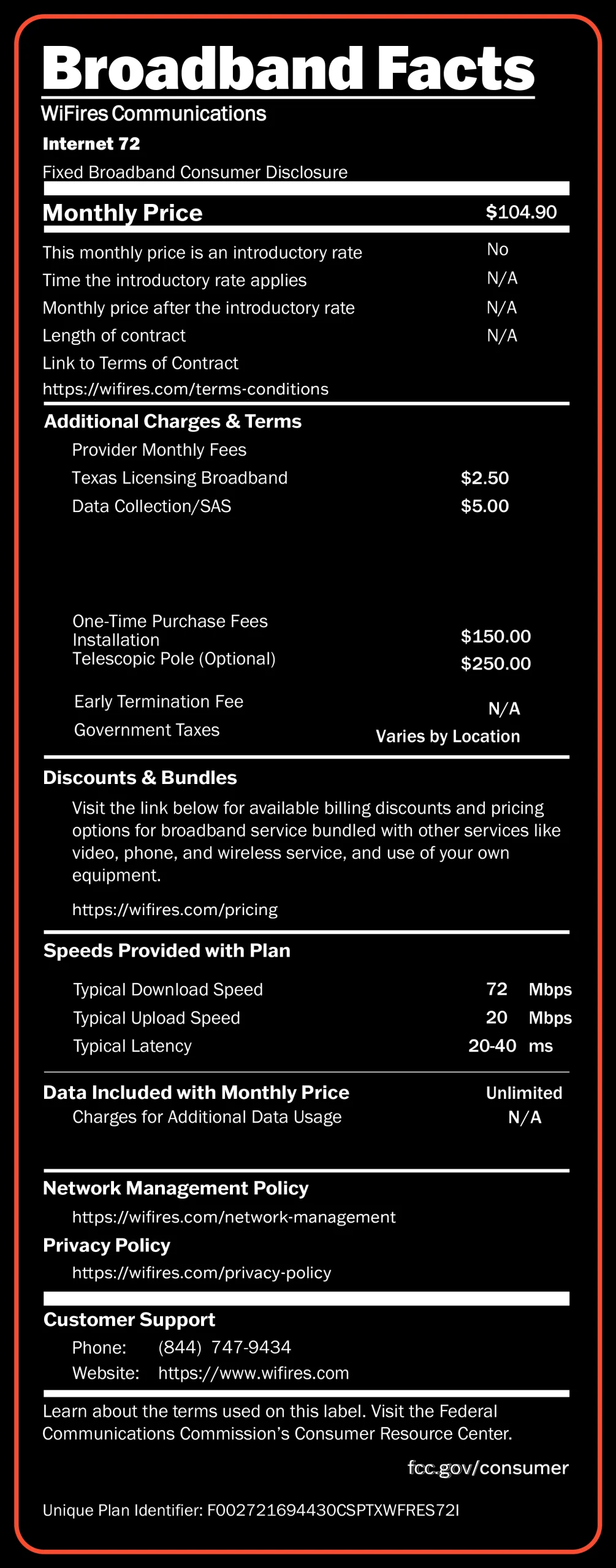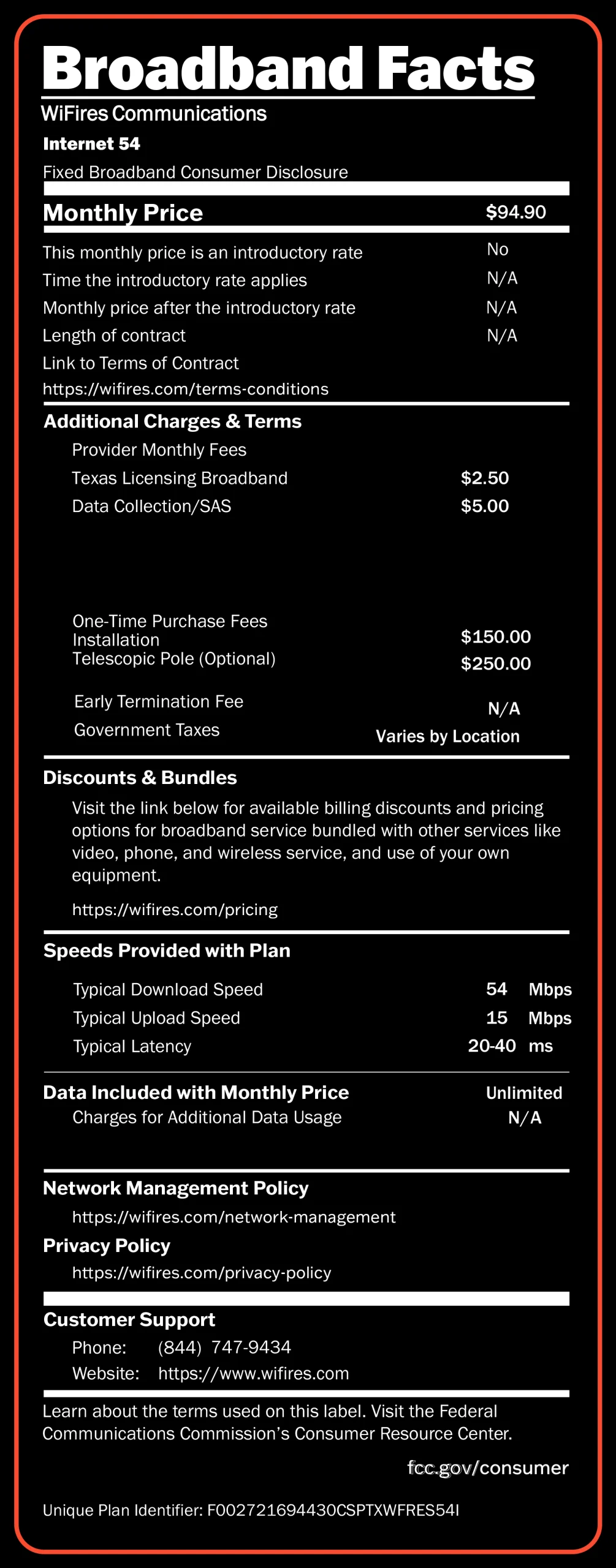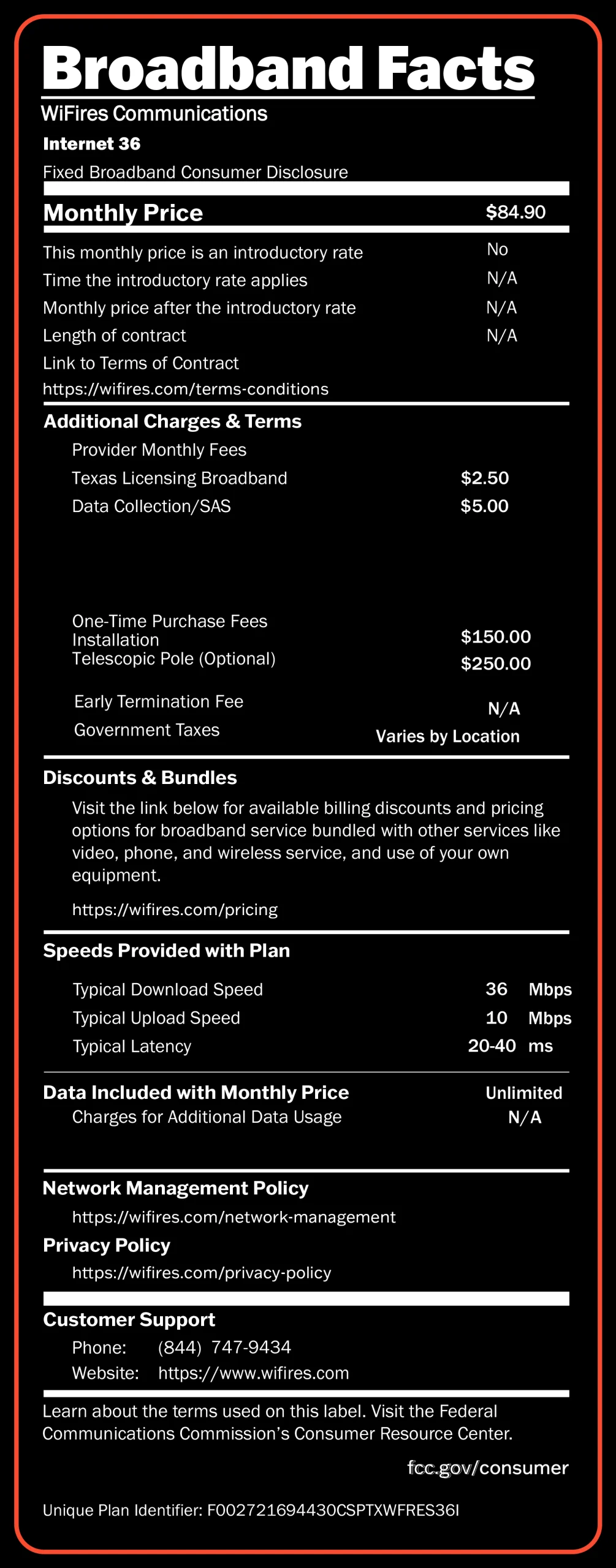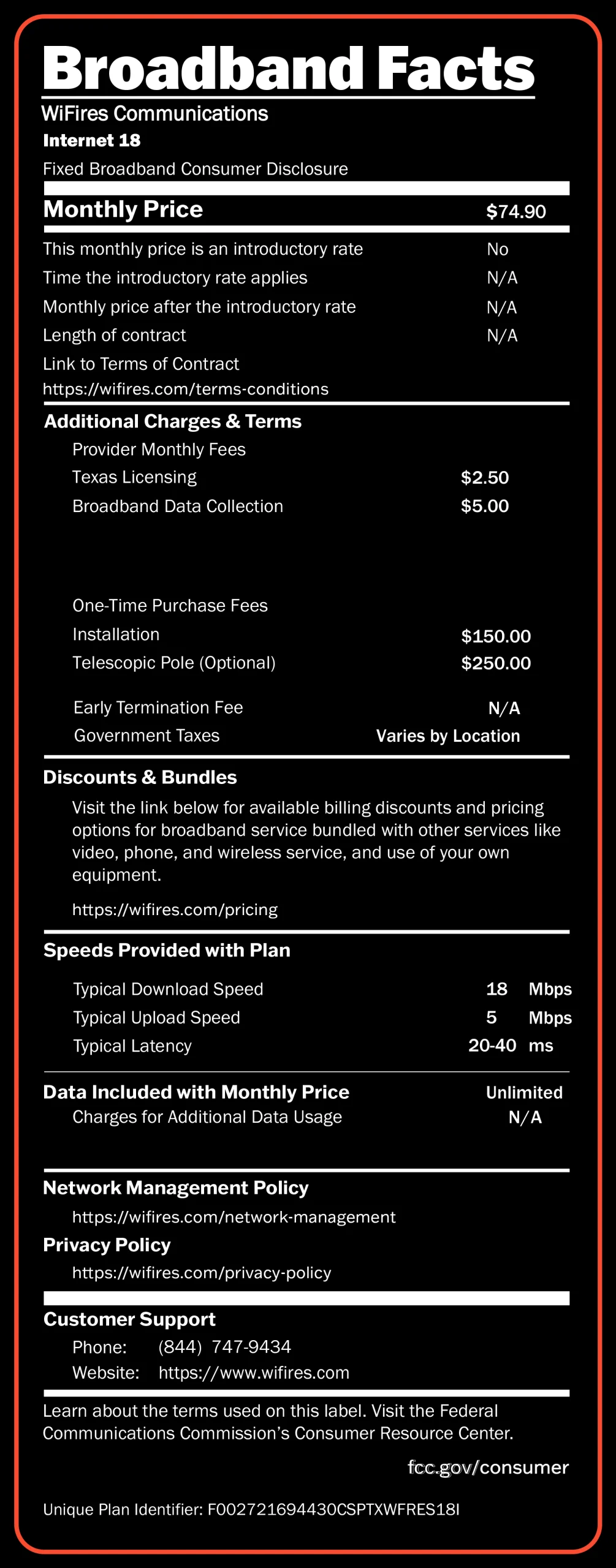Fiber-optic cables can provide significantly faster internet speeds compared to traditional copper cables. Speeds can range from 100 Mbps to 1 Gbps (or even higher), offering fast and reliable connectivity.
Fiber-optic connections generally have lower latency compared to other types of internet connections. This is beneficial for activities like online gaming and video conferencing.
Fiber is less susceptible to environmental factors like electromagnetic interference and inclement weather, making it a more reliable option.
Unlike some other types of internet connections, fiber-optic internet often provides symmetrical upload and download speeds, ensuring consistent performance for both activities.
Fiber-optic signals can travel over long distances without significant loss of signal quality. This allows for the deployment of high-speed internet in both urban and rural areas.
Fiber-optic infrastructure is considered a future-proof technology. As internet demands increase, fiber can be upgraded to support higher speeds without the need for a complete overhaul.
Fiber internet is well-suited for high-definition streaming services, supporting smooth playback and quick buffering.
Fiber-optic internet is widely used for business applications, providing the necessary bandwidth for data-intensive tasks and applications.
Availability of fiber internet may vary by location. While it is becoming more widespread, it may not be available in all areas.
844-747-9434
